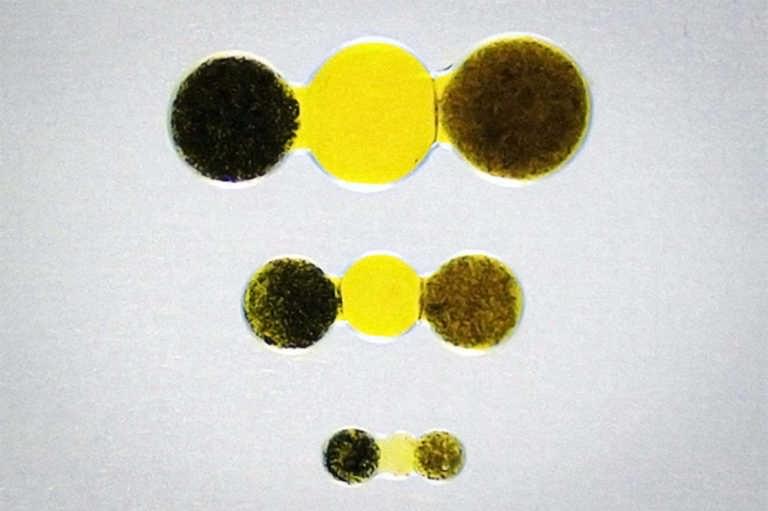Oct 29, 2024
Ford Mustang Mach-E Battery Production Is Moving To America
Posted by Shailesh Prasad in categories: energy, sustainability, transportation
The consumer-facing side of electric vehicles paints a limited picture of what’s happening in the broader automotive industry. But when you glance behind the scenes, things start appearing far clearer, to a point where it’s pretty evident that the future of road transport is battery-powered. A big part of what’s happening backstage is making those batteries right here, on American soil.
Korean battery maker LG Energy Solution announced recently that it reached an agreement with Ford to move production of the Ford Mustang Mach-E’s batteries from Poland to Michigan starting next year. Instead, the LGES Poland factory will prioritize producing batteries for Ford’s commercial vans sold in the U.K. and the European Union.


















